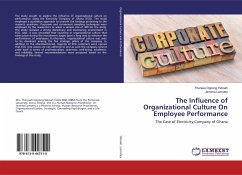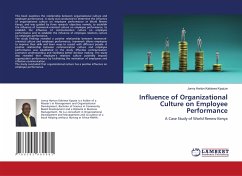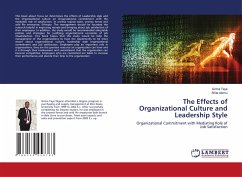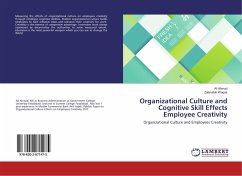An effective organization is desirable to work in. Every organization, regardless of the sector in which it is operating, strives to be more effective (Haid, Schroeder, Sims & Wang, 2010). Organizational effectiveness research has engaged the attention of scholars in the field of industrial and organizational psychology, organizational behaviour and management because an effective organization is one with a highly satisfied, committed workforce and satisfied customers (Moyes, Shao & Newsome, 2008). The creation of an effective organization is a necessity in contemporary business practice globally, however, an organization is effective to the extent that its culture and the prevailing climate allows or encourages it. This tallies the view expressed by researchers that organizational culture is a direct predictor of organizational effectiveness (Barney, 1986; cited in Mehr, Kenari, Emadi & Hoseini, 2012). Similarly, organizational culture has been found to relate positively to components of organizational effectiveness such as employee satisfaction, customer satisfaction, and employee commitment (Bhati & Qureshi, 2007; Durmaz, 2006; Moyes et al., 2008).
Bitte wählen Sie Ihr Anliegen aus.
Rechnungen
Retourenschein anfordern
Bestellstatus
Storno








